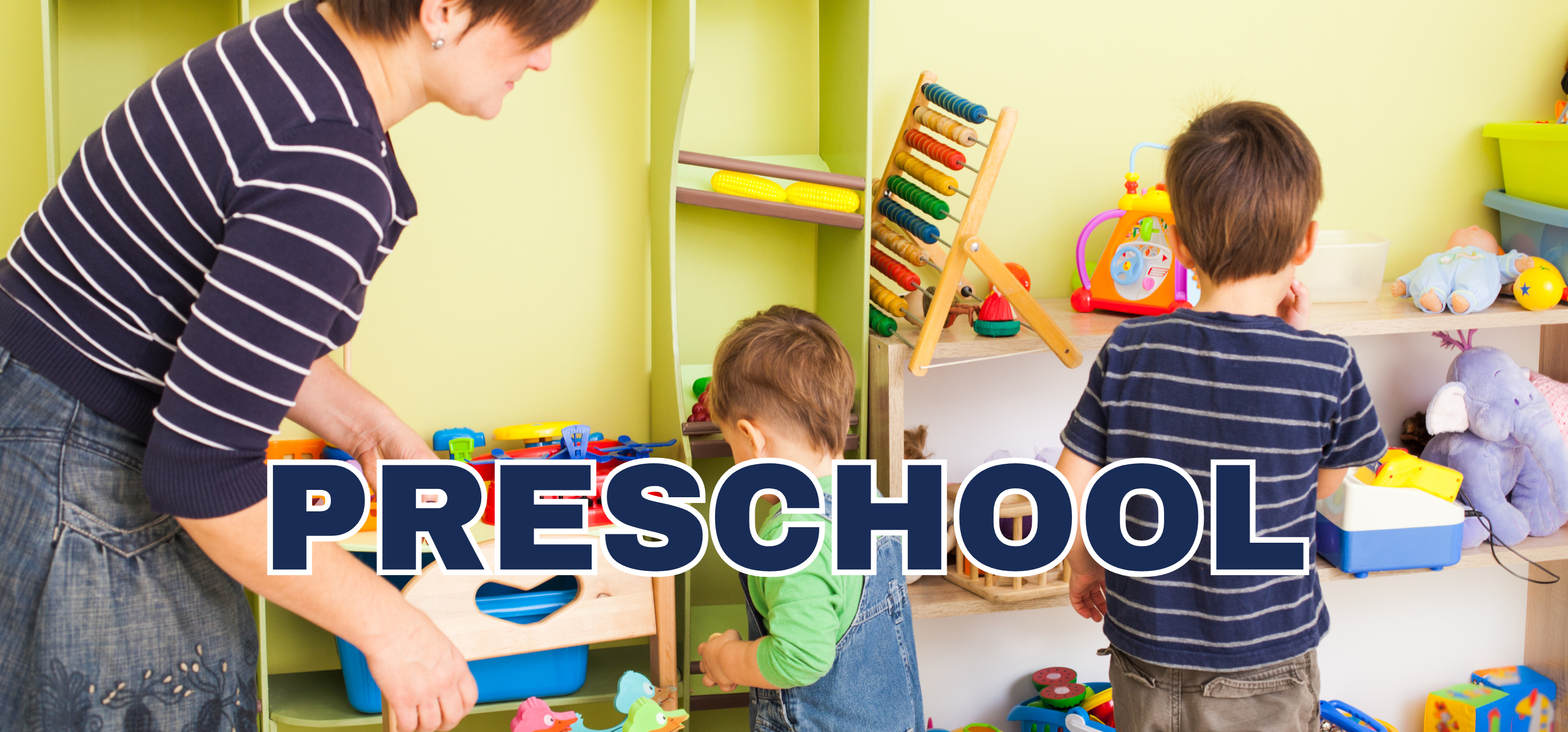Parenting preschool children involves nurturing their curiosity, fostering independence, and supporting their social and emotional development. Here are some tips to help navigate this stage:
1. **Encourage Exploration and Creativity**: Provide opportunities for your child to explore their interests through play, art, and imaginative activities. Offer a variety of toys, materials, and experiences to stimulate their curiosity and creativity.
2. **Support Independence**: Encourage your preschooler to do things for themselves, such as dressing, feeding, and cleaning up toys. Offer guidance and assistance when needed, but allow them to take on age-appropriate responsibilities.
3. **Establish Consistent Routines**: Preschoolers thrive on routine and structure. Establish regular schedules for meals, bedtime, and daily activities to provide stability and predictability.
4. **Promote Positive Social Skills**: Help your child develop social skills like sharing, taking turns, and empathy. Arrange playdates, encourage cooperative play, and model respectful behavior in your interactions with others.
5. **Foster Communication**: Continue to support your child's language development by talking, reading, and engaging in conversations with them. Ask open-ended questions to encourage them to express their thoughts and feelings.
6. **Teach Problem-Solving Skills**: Help your preschooler learn how to solve problems and resolve conflicts independently. Encourage them to brainstorm solutions, consider alternative perspectives, and compromise when necessary.
7. **Set Clear Expectations**: Establish clear and age-appropriate rules and expectations for behavior. Use positive reinforcement to acknowledge and reinforce good behavior, and calmly enforce consequences for misbehavior.
8. **Provide Healthy Choices**: Offer a variety of nutritious foods and encourage your child to make healthy choices. Involve them in meal planning and preparation to promote independence and a positive attitude towards food.
9. **Promote Physical Activity**: Encourage your preschooler to be physically active every day through play, games, and outdoor activities. Limit screen time and provide opportunities for active play to support their overall health and well-being.
10. **Nurture Emotional Intelligence**: Help your child identify and label their emotions, and teach them healthy ways to cope with feelings like frustration, anger, and disappointment. Offer comfort and support during challenging moments, and validate their emotions.
11. **Encourage Curiosity and Learning**: Support your child's natural curiosity and love for learning by providing age-appropriate books, educational toys, and engaging activities. Foster a love of learning through exploration, discovery, and hands-on experiences.
12. **Celebrate Milestones and Achievements**: Acknowledge and celebrate your child's accomplishments, both big and small. Praise their efforts and achievements to boost their self-esteem and motivation.
Remember to be patient, flexible, and responsive to your child's individual needs and interests. Enjoy this special time together and cherish the moments of wonder and discovery as your preschooler continues to grow and learn.

